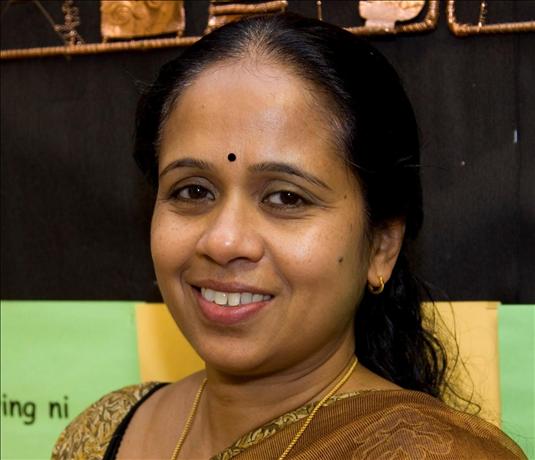 While Cancer is a deadly disease inflicting an increasing number of people, early detection and timely treatment can lead to cure, a prominent medical practitioner has said.
While Cancer is a deadly disease inflicting an increasing number of people, early detection and timely treatment can lead to cure, a prominent medical practitioner has said.
According to Dr Rita Sasidharan, New Zealand’s first medical oncologist of Indian origin, most cancers are potentially curable if diagnosed at an early stage.
As well as running a private practice at Oncology 161 (161 Gilles Avenue in Epsom, Auckland), she works as a Medical Oncologist at the Auckland City Hospital.
“Timely diagnosis and treatment are crucial in improving cancer outcomes. While a majority of cancers entail curative treatment through surgery, certain types of cancers can be cured by chemotherapy, radiotherapy or a combination of both,” she said.
“It is important to remember that even when cancer is at an incurable stage, in most cases, symptoms can be controlled with treatment, improving quality of life. There are also good support services available in the community through the Cancer Society of New Zealand and Hospice New Zealand,” she added.
Continuous care
Emphasising the need for appropriate care and regular medical check-up, she said that even those who have undergone potentially curative surgery, they may need further treatment with chemotherapy or radiotherapy, depending on the type and stage of cancer.
“Cancer is a huge health burden in terms of mortality, morbidity and from an economic perspective. New Zealand Health Ministry statistics indicate that the cost of diagnosing and treating cancer costs the public health system more than $500 million every year. This would increase by 20% within the next ten years,” she said.
Stating that the exact cause for cancer is still unknown despite intensive research in the field, Dr Sasidharan said that only a small percentage of cancers are caused by genetic mutation.
“Cigarette smoking is among the habits that link with development of cancer, including lung cancer. Since 80% of this type of cancer is caused by smoking, the ailment can be prevented by giving up the habit,” she said.
Allying the fears of many, she said that there was no evidence to suggest that people from the Indian Sub-Continent and Indo-Fijians were more susceptible to cancer compared to other ethnic groups.
General apathy
“However screening for early detection of breast cancer, cervical cancer and other types of cancer does not seem to be as widely embraced by our community as those of European origin in New Zealand,” she said.
Oncology is among the fastest developing fields, accounting for increasing research and exciting developments in diagnostic techniques, novel therapies, aimed at improved outcomes through personalised medicine, she said.
“With the aging population, cancer is a common health problem. The most common cancers here among men are prostate, colorectal and lung cancer, while breast cancer, colorectal and lung cancer afflict women,” she said.
Email: dr.rita.sasidharan@gmail.com






